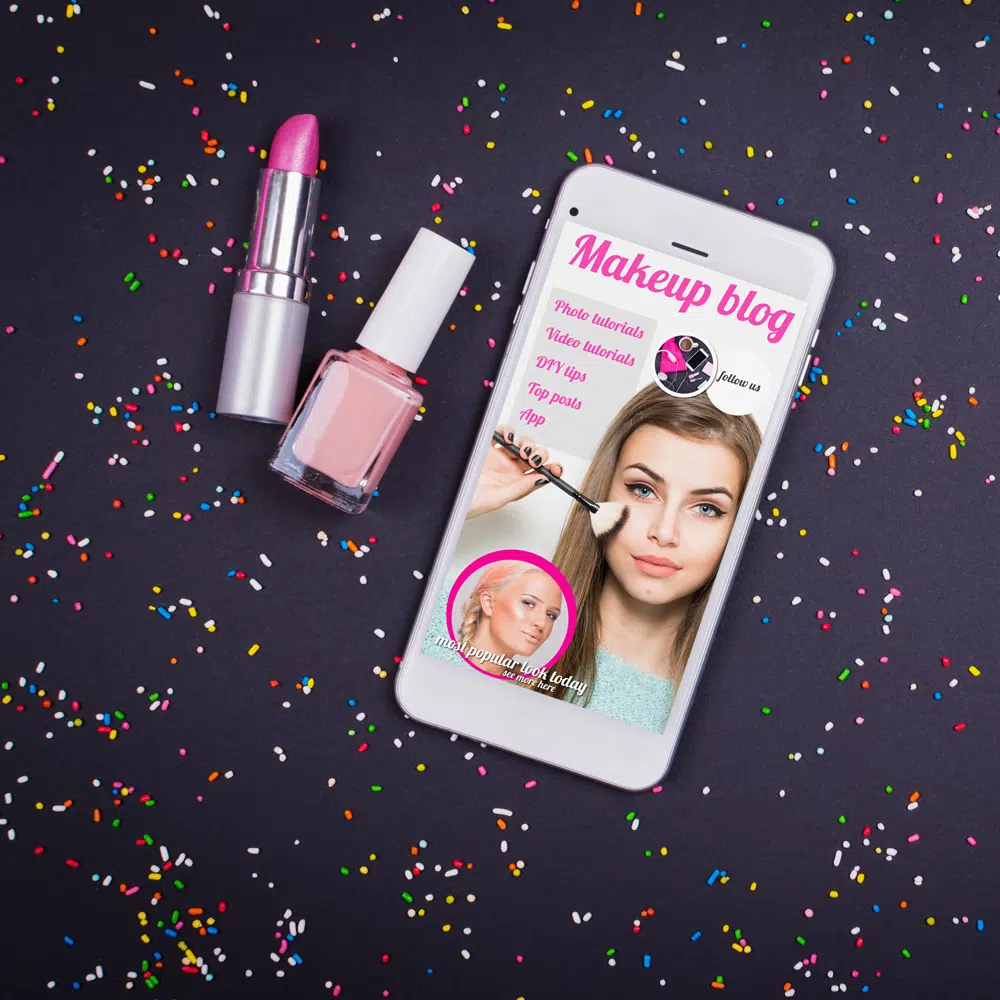Android Users Attacked by Malicious “Beauty Camera” App
Home Help Center Android Users Attacked by Malicious “Beauty Camera” App

In the age of the #selfie, there are millions of apps for users to apply teeth whitening, air brushing and the perfect filter for a flawless pic to be shared on social media. Unfortunately, downloading apps can also pose a security risk, depending on the app and the platform from which is was accessed.
Four million Android users who downloaded a popular app from the Google Play store are believed to have been infected with malware that has a variety of consequences. Some of these involve stealing access to your contacts list and pictures, while others actually redirect any popups to pornography websites. Trying to get rid of the app doesn’t work since the app remains hidden after deleting it, making it impossible to drag it to the delete garbage can icon.
The Google Play store for Android users and the App Store for iOS (Apple) users are two of the biggest app sources in the world, and they have two very different structures. Google believes in a more open-source approach, meaning any developer can list an app and users have a responsibility to read the reviews before downloading. Apple, on the other hand, has a reputation for being far more secure, but that comes at a price: listing an app on the iOS store can mean a lengthy wait while the app is tested and approved and a laundry list of requirements for developers to adhere to.
For better or worse, most of the affected apps in this case were downloaded in Asia. However, that doesn’t mean there aren’t malicious apps that are targeting US users with similar harmful tactics. Logically, Android users stand to be at a somewhat higher risk than Apple users due to the open nature of the Google Play store, but that doesn’t mean iPhone and iPad users are immune to this threat.
No matter which mobile operating system you use, you’ve got to be careful with your device. Read the user reviews before you download an app, and make sure there aren’t any specific privacy concerns mentioned. Also, read the app description itself and get a good idea of what kinds of access the app needs. If an app wants too much information or access that it shouldn’t need in order to function, then it’s best to skip it.
Contact the Identity Theft Resource Center for toll-free, no-cost assistance at (888) 400-5530. For on-the-go assistance, check out the free ID Theft Help App from ITRC.
How much information are you putting out there? It’s probably too much. To help you stop sharing Too Much Information, sign up for the In the Loop.
Get ID Theft News
Stay informed with alerts, newsletters, and notifications from the Identity Theft Resource Center

